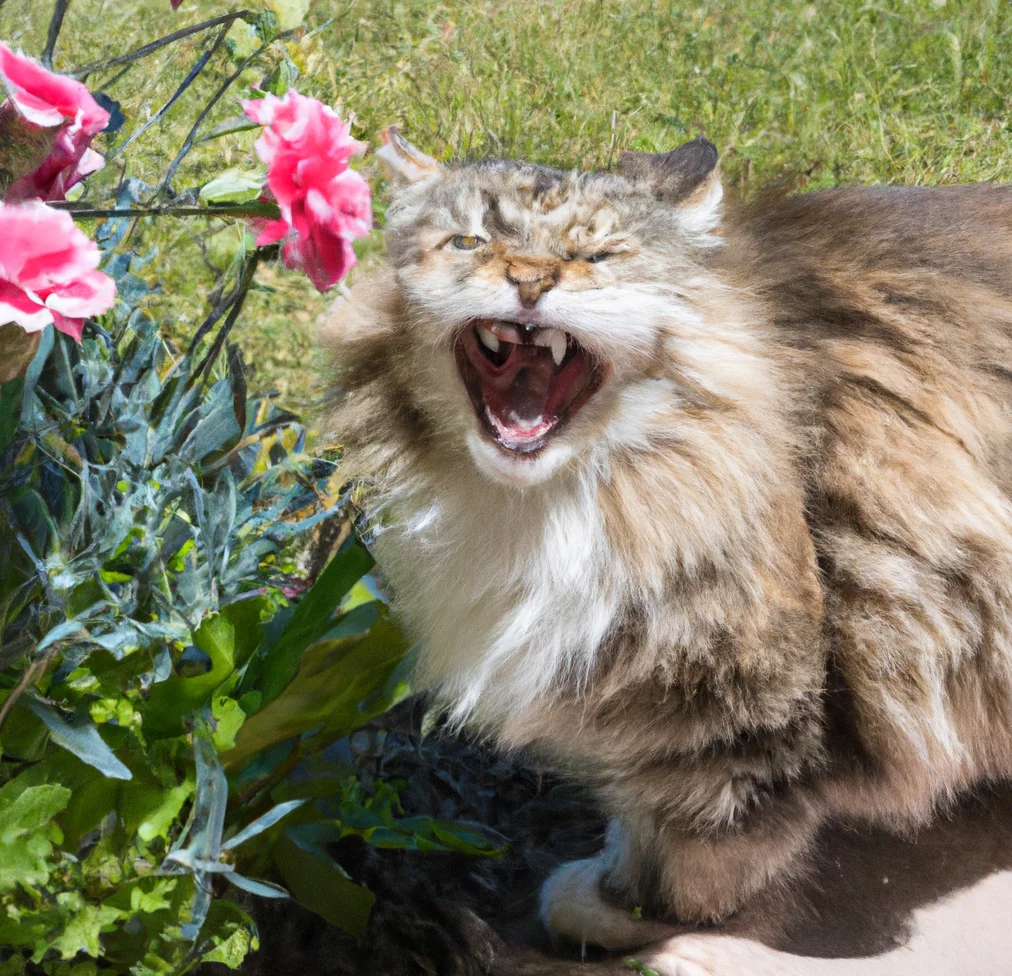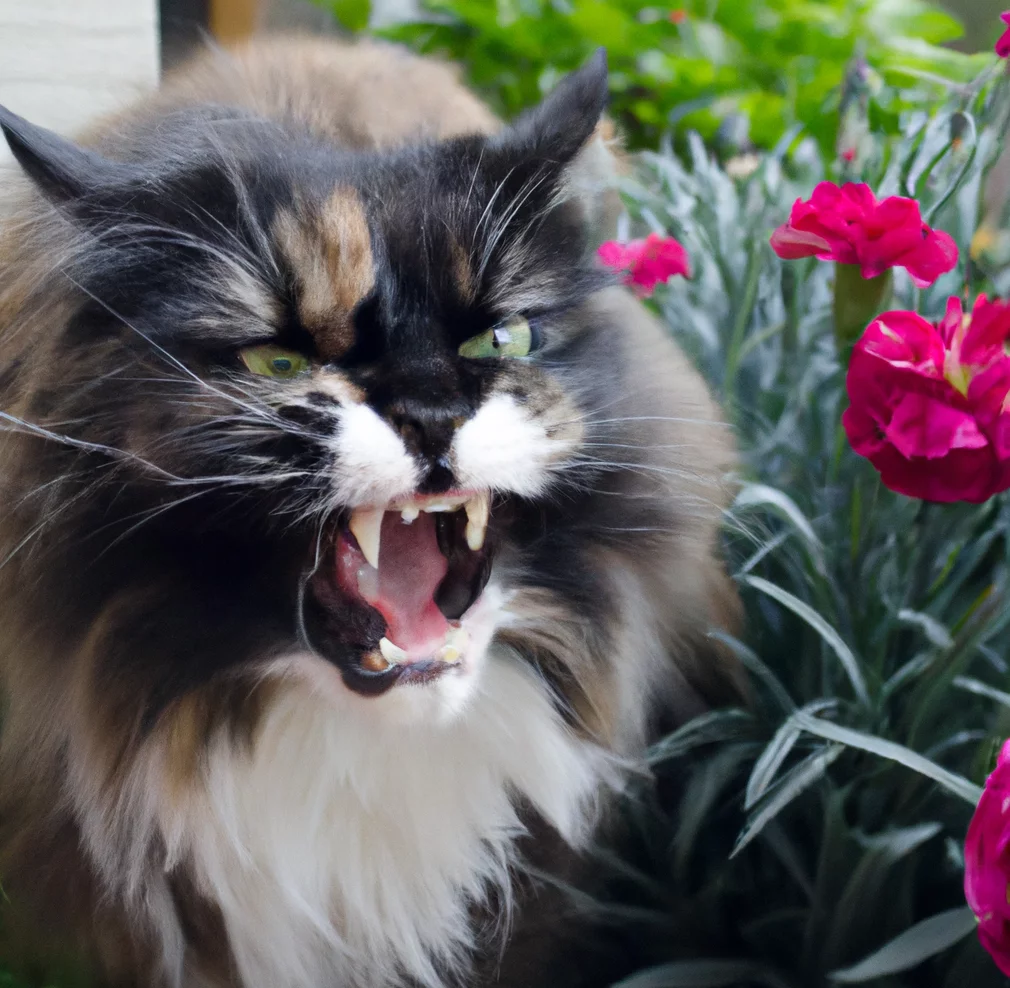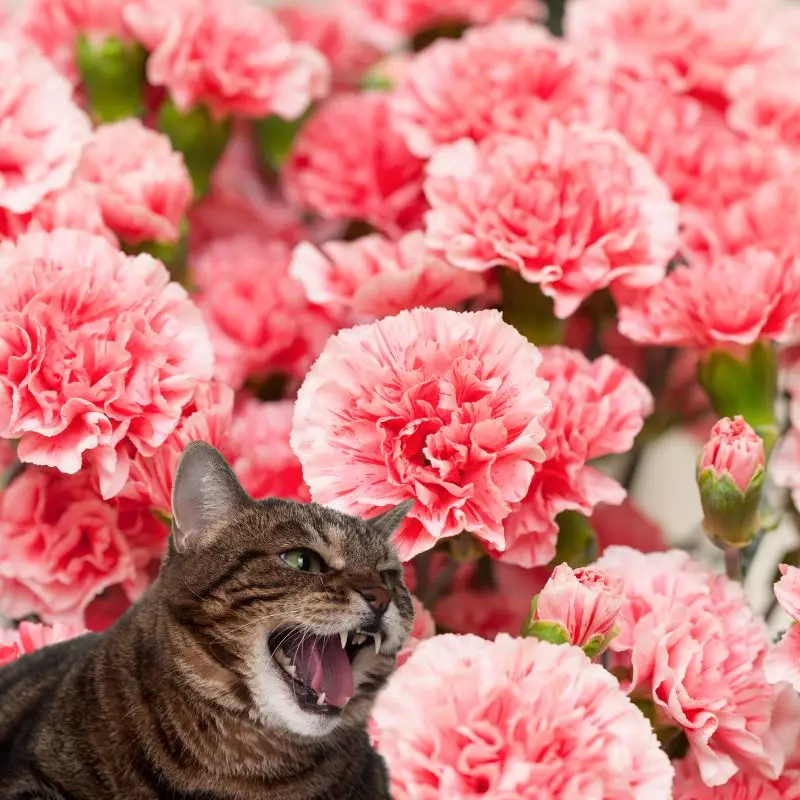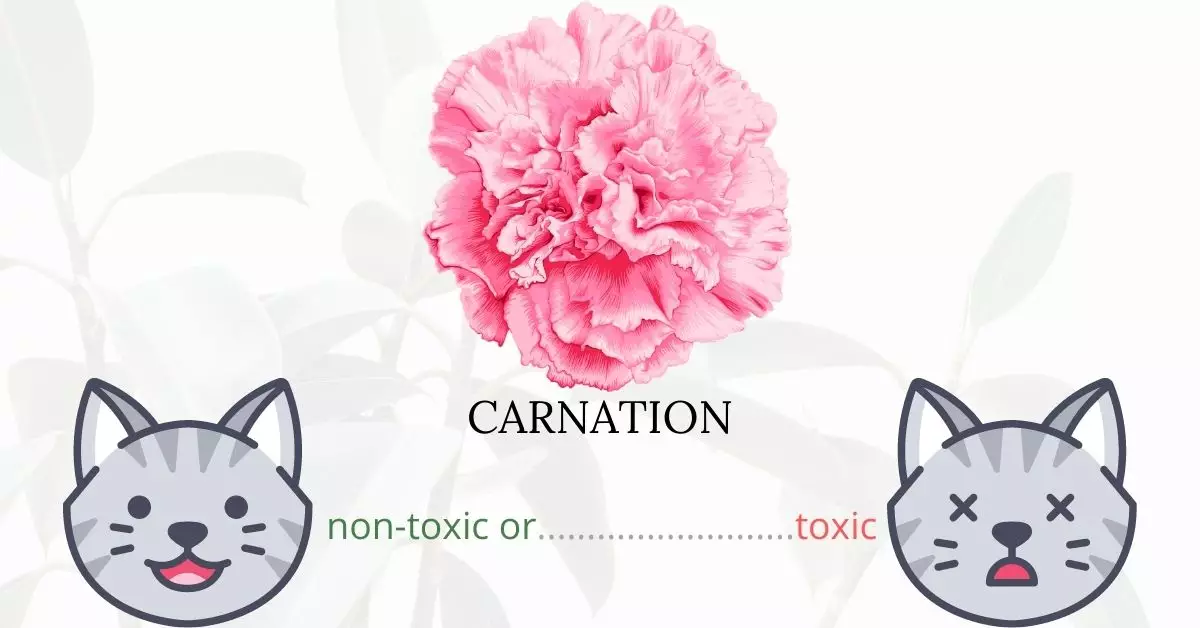Carnations, also recognized by alternate names such as Pinks, Wild Carnation, and Sweet William, do indeed pose a risk to cats due to the presence of triterpenoid saponins, which are known to cause mild gastrointestinal irritation, including symptoms like vomiting and diarrhea. Contact with these saponins can also lead to dermatitis in felines. Although there are no recorded instances of fatalities in cats due to carnation ingestion, the consumption of this plant necessitates immediate attention and is, therefore, deemed to be toxic to cats.
This article is the culmination of meticulous research and collaboration with a team of seasoned Doctors of Veterinary Medicine (DVMs), who have graciously contributed their expertise to ensure the provision of accurate and contemporary information regarding the potential hazards associated with various flora, focusing particularly on carnations in this instance, and their implications on feline health. Furthermore, to corroborate the information and enhance the reliability of this article, extensive research has been conducted on high-authority websites like ASPCA and PetMD to review data on every referenced plant, facilitating a comprehensive understanding of the subject matter.
Clinical Signs of Carnation Poisoning in Cats

When cats come into contact with, inhale the aroma of, or ingest parts of the carnation plant, they may exhibit certain clinical signs that indicate potential poisoning. Understanding each of these symptoms and the underlying causes can help caregivers respond more effectively.
- Vomiting: The ingestion of triterpenoid saponins found in carnations can irritate the stomach lining of cats. This irritation often results in vomiting as the body attempts to rid itself of the ingested toxins.
- Diarrhea: Similarly, the saponins in carnations can disturb the regular functioning of a cat’s digestive system. When consumed, these compounds might lead to an imbalance in the intestinal flora or direct irritation to the gut, causing diarrhea.
- Skin irritation: Physical contact with carnations can sometimes cause topical reactions in cats. The triterpenoid saponins present in the plant may induce a localized inflammatory response on the skin.
- Itchiness: Associated with the aforementioned skin irritation, the inflammatory response can cause cats to feel a heightened sense of itchiness or discomfort. This typically prompts them to scratch or groom the affected area excessively.
If your feline friend exhibits any of these signs after coming into contact with or ingesting carnations, it’s imperative to consult a veterinarian promptly for appropriate care and guidance.
First Aid and Treatment of Carnation Poisoning in Cats

Because carnation poisoning in cats is just minor poisoning, there is no special treatment for this type of poisoning in cats. The cat’s body can eliminate the toxins from his or her system by vomiting it out and processing the digested particles through feces.
Nonetheless, it is still needed to bring your cat to the vet as inducing vomit and IV fluid may be needed. Do not try to induce vomit at home as it may be dangerous and must be only done with a professional. The vet may also prescribe medication for diarrhea and vomiting. Special medicated shampoo for skin irritation may also be recommended if your cat is suffering from dermatitis.
Recovery from Carnation Poisoning in Cats

Mild symptoms typically fade in a few hours, and your cat will resume his or her regular routine. Increase your cat’s fluid intake to aid in the removal of any leftover toxins from his or her stomach. To avoid a recurrence of a poisoning episode, take preventative actions.
Prevention of Carnation Poisoning in Cats
As much as possible avoid bringing carnations into your home to prevent exposure to your cat. If carnations are grown in your neighborhood, limit your cat’s outdoor activities. Keep them busy and occupied in a playpen or cat house. You can also plant cat-friendly plants that your nibbler cat can graze on.
If you love plants but have cats at home, check out these lists:





